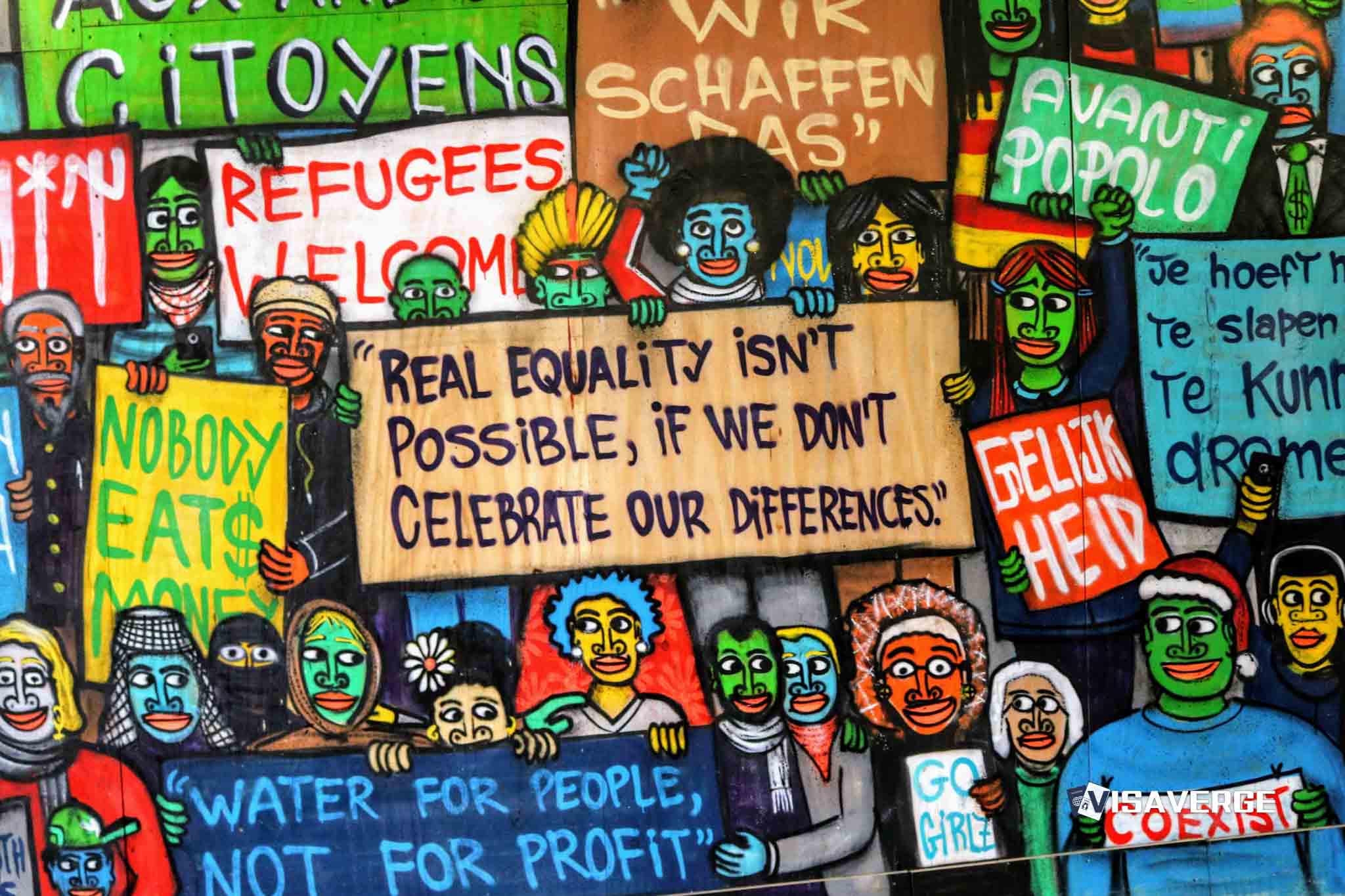(MILWAUKEE) The Milwaukee Police Chief has called recent federal immigration enforcement a “challenge” for day-to-day policing, underscoring a growing clash between national priorities and local public safety goals in 2025. The statement follows a sharp expansion of federal programs that ask local officers to help with immigration enforcement, and rising fear in immigrant neighborhoods that police contact could lead to deportation.
The pressure centers on the fast-growing use of 287(g) agreements, which allow some local officers to perform federal immigration tasks under ICE supervision. According to analysis by VisaVerge.com, these agreements rose from 135 in 25 states in December 2024 to 628 in 40 states by May 28, 2025. Milwaukee is not alone in facing tighter federal expectations, but its leaders have long stressed that trust with residents—not immigration checks—drives crime reporting and witness cooperation.

For years, Milwaukee Police policy has been clear: officers do not routinely ask about immigration status during stops or investigations, because immigration violations are usually civil issues, not crimes. Former Chief Ed Flynn said in 2016 that the department does not enforce immigration law for exactly that reason—community trust is central to solving cases and keeping streets safe.
The current chief’s description of immigration enforcement as a “challenge” reflects how that long-standing approach is being tested by national changes.
Rising federal-local tension under 287(g)
ICE’s expansion of 287(g) has brought more federal attention to local agencies. Supporters say the program helps remove dangerous individuals and improves coordination.
Critics counter that turning city officers into immigration agents:
- Chills crime reporting
- Encourages profiling of anyone who “looks foreign”
- Risks undermining community trust—a concern immigrant advocates and legal groups have warned about for years
The stakes are real for families. School staff and faith leaders in Milwaukee report children showing stress—nightmares, sudden silence in class, or fear of a parent not coming home—after high-profile ICE operations. When families pull back from public life, police lose contact with the people who can warn them about trafficking, domestic violence, and gang activity.
The Milwaukee Police Chief’s remarks point to this tradeoff: every step toward deeper immigration enforcement may push communities farther from police, making everyone less safe.
By early 2025, state-level politics also began to shift the ground. Wisconsin lawmakers, including State Senator Dora Drake (D-Milwaukee), introduced a bill to protect “safe havens”—places like churches, schools, and hospitals—from immigration arrests or detentions. The goal is to keep critical community spaces open and calm, especially for children and those seeking medical care.
- The bill had roughly 20 co-sponsors by February 2025
- Backers say it responds to federal reversals that rolled back prior limits on enforcement in sensitive locations under President Biden’s guidance
At the same time, ICE has asked more city and county agencies to sign onto 287(g), increasing the likelihood that local police will play a role in immigration enforcement. That prospect has stirred debate in Milwaukee’s neighborhoods, where residents already track rumors of checkpoints or home raids—even when those rumors prove false. Fear alone can change behavior:
- Parents may skip a school meeting
- Victims may avoid calling 911
Community fallout and state-level pushback
The politics turned uglier in June 2025, when a Milwaukee man admitted framing an undocumented immigrant by sending letters that threatened President Trump and ICE agents. The scheme led to the immigrant’s arrest and possible deportation before the truth came out.
The case highlights a harsh reality: in a city on edge, immigration enforcement can become a tool for personal grudges, not just public safety—raising the odds of wrongful arrests and tearing families apart.
Milwaukee’s faith groups and social service agencies have stepped in to soften the blow. They report increased demand for:
- Legal advice on removal proceedings and family preparedness plans
- Temporary guardianship documents for children if a parent is detained
- Food, rent assistance, and mental health support after a breadwinner is taken
These groups emphasize the lasting human cost: confused kids, lost wages, and households split between the United States 🇺🇸 and another country. They warn that broader use of 287(g) agreements could widen the gap between police and residents who are key to solving crimes.
For city leaders, the dilemma is stark. On one side is federal pressure to cooperate more and share data; on the other is local evidence that strong community ties help close cases, calm disputes, and prevent violence. The chief’s comment that immigration enforcement is a “challenge” is described as a practical statement about how policing works at street level—not just a political slogan.
Supporters of the federal approach argue that better coordination can target offenders who pose real risks. They point to cases where individuals with serious criminal histories avoided detection due to gaps between federal and local systems. Even some supporters concede that sweeping efforts can scare away witnesses and victims, especially in mixed-status families, and that city police must keep a clear line between criminal policing and civil immigration issues.
What the Wisconsin safe-havens bill would do
If passed, the bill would:
- Limit where ICE can act, especially in schools, hospitals, and houses of worship
- Not stop federal enforcement entirely, but likely reduce arrests at sensitive locations
- Reduce stress for children and allow teachers and doctors to focus on care without fear of enforcement actions
Supporters say these changes would protect vulnerable community spaces. Opponents argue the bill could shield people who crossed the border without permission. The debate will continue as the bill moves through hearings and votes.
Looking ahead: local responses and community monitoring
In the meantime, residents can expect more attention on 287(g), both in Milwaukee and across Wisconsin. Community groups plan to monitor any new cooperation deals, while police leaders weigh how to protect crime-fighting partnerships built over years.
City Hall is likely to press for clarity from Washington about what is mandatory and what is optional for local departments, especially where trust could be damaged.
For readers seeking the federal framework behind 287(g), ICE provides program details and updates on its official page: https://www.ice.gov/287g. That background explains how local officers are trained, the oversight role of ICE, and the types of tasks local partners can perform. It also shows why the program’s growth has pulled big-city departments into a national policy fight.
What happens next? As federal enforcement continues to expand and the state bill advances, Milwaukee officials may revisit internal rules to keep officers focused on local crime while respecting federal law. Advocates will keep pushing for clear lines around schools and hospitals.
And families, caught in the middle, will keep making hard choices about daily life—when to drive, where to seek care, and whether to call the police—until the policy balance shifts again.
This Article in a Nutshell
Milwaukee faces a policing dilemma as 287(g) agreements surged in 2025. Chiefs warn enforcement chills reporting and damages trust. Community groups provide legal, guardianship, and mental health support while state lawmakers push safe-haven protections. The balance between federal demands and local public safety will shape police practices and neighborhood safety.













